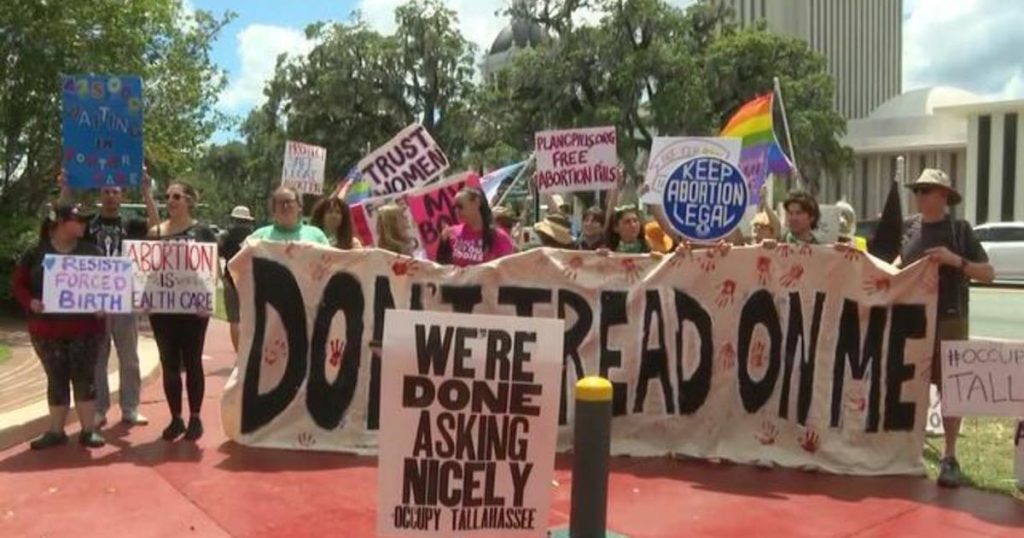The Florida Supreme Court made significant decisions regarding abortion rights, with one decision clearing the way for a new six-week abortion ban to replace the current 15-week ban. This means that within six weeks of pregnancy, women in Florida may be restricted from accessing abortions. The Court’s other decision will allow the issue of abortion rights to be featured on the November ballot, letting voters have the final say on the matter.
This move by the Florida Supreme Court has major implications for reproductive rights in the state. With the potential implementation of a new six-week abortion ban, women may face greater restrictions in accessing abortion services. This shorter timeframe for obtaining abortions could have a profound impact on women’s reproductive health and autonomy. Additionally, placing the issue of abortion rights on the November ballot opens the door for a democratic decision-making process on this contentious issue.
The decision to allow voters to decide on abortion rights reflects the divide in opinions on the issue within Florida. By putting it to a ballot initiative, the Court is giving the public an opportunity to weigh in on abortion policies that directly affect women’s lives. This move could potentially lead to a shift in the state’s abortion laws, depending on the outcome of the vote in November.
With the Florida Supreme Court paving the way for a new six-week abortion ban to potentially take effect, reproductive rights advocates are gearing up for a battle to protect women’s access to abortion services. Restrictions on abortion can have serious consequences for women’s health, especially for those facing difficult or unplanned pregnancies. The decision to implement a more restrictive abortion ban may limit women’s choices and autonomy over their own bodies.
The upcoming November ballot will be crucial in determining the future of abortion rights in Florida. Voters will have the opportunity to make their voices heard on this contentious issue, potentially shaping the state’s abortion policies for years to come. The outcome of the vote will have far-reaching implications for women’s reproductive health and rights, highlighting the importance of public engagement and advocacy on this critical issue.
Overall, the Florida Supreme Court’s decisions regarding abortion rights have sparked debate and action among advocates, policymakers, and voters. With the potential for a new six-week abortion ban and the issue of abortion rights on the ballot in November, the future of reproductive rights in Florida hangs in the balance. The outcome of these developments will have significant ramifications for women’s health, autonomy, and access to essential healthcare services, underscoring the importance of continued advocacy and support for reproductive rights in the state.















